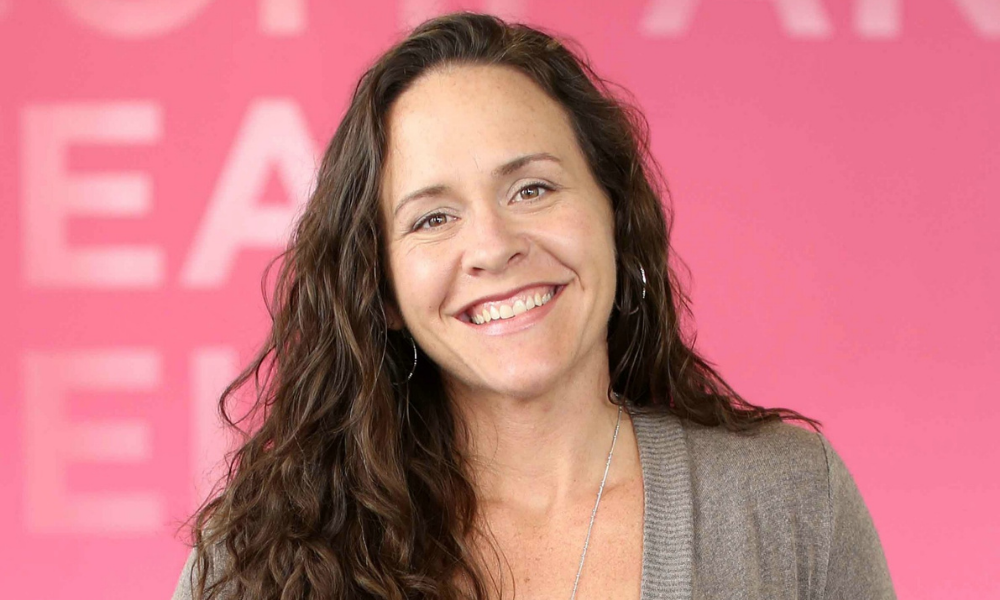Analyst on what brokers can do to help following homebuyer survey's eye-popping data

Two-thirds of Americans who had plans to purchase a home in 2021 were unsuccessful, with 16% citing that they postponed or cancelled their plans because they couldn’t qualify for a mortgage, a new Nerdwallet home buyer report has found.
The most common reason for cancelling a planned purchase of a home was due to the pandemic (35%), followed by failed offers, along with borrowers not finding their ideal home (both 25%).
Although not being able to qualify for a mortgage ranked only sixth on the list of ‘stumbling blocks’ in the ‘2022 Home Buyer’ survey of 2,035 US adults, the figure should be significant for mortgage professionals, according to Nerdwallet data analyst, Elizabeth Renter (pictured).
“That might be a key for helping people purchase a home and helping them figure out what it takes to qualify for a mortgage. You don’t have to have a big down payment. Your credit doesn’t have to be perfect,” she said.
Read more: Nerdwallet on first-time home buyers
Renter pointed out that the survey was not able to determine whether respondents had applied for a mortgage and been denied. However, the most common reasons preventing homeownership was not having saved enough for a down payment (36%), followed by 34% of non-homeowners citing low income and 32% saying their credit score was preventing them from becoming a homeowner at this time.
Renter said that although Nerdwallet recommended borrowers to put down as big of a down payment as possible (normally about 20%) as it would save them considerably over the life of their loan, there were alternatives.
“I think people don’t know that it is possible to put a smaller down payment. There are mortgages available out there that will allow you to put 10% or 5% down, or even nothing.
“But that’s the one thing getting in the way when you are in homeownership. It’s worth seeing what’s out there and what you can qualify for and your personal financial situation, because you might not need to put a big down payment down in order to get the home.”
The survey was carried out early last December, before the latest round of rate hikes – a point not missed on Renter, who said that mortgage professionals could help their customers here as well.
“A lot of buyers understand how mortgage rates affect their loan in theory, but they don’t necessarily know what it means in practice, and mortgage professionals can really play a role there and say ‘yes, you may have to reduce your home budget’,” she said.
“Really showing them how less than a percentage point in additional interest can make a difference and what that means for them on their monthly payment, or over the life of the loan, could really help borrowers out.”
The survey found that about one-third (34%) of Americans said they felt better about their ability to purchase a home in 2022 compared with last year, with personal finances such as more savings and more income cited as the top reasons.
This would coincide with the view of economic experts who have previously stated that as much as $2.5 trillion could be available to borrowers in equity.
However, despite this advantage, the report also raised the fact that most borrowers would walk away empty handed, as in previous years.
And that’s because although roughly 26 million Americans said they planned to purchase a home within the next 12 months, due to limited inventory only up to six million homes were sold in each of the past five years, while the number of homes on the US market last year was 56% lower than 2019 pre-pandemic levels.
Read more: Homeowner survey’s shock findings
That could explain why potential sellers had decided against selling up, with four in 10 (40%) of those who wanted to put their homes on the market citing concerns about finding a new house and 35% expressing concerns about paying too much for a new property.
Renter said: “A lot of people are going to be disappointed, and you see that extreme optimism every single year when we ask, so I don’t think that the number of people that were unsuccessful in 2021 are necessarily anything to be concerned about. I think it’s just the reality of life every year.”
The downsides for respondents were mostly economic, citing higher home prices, a worsening economy (45%) and higher mortgage rates in 2022 (31%).



